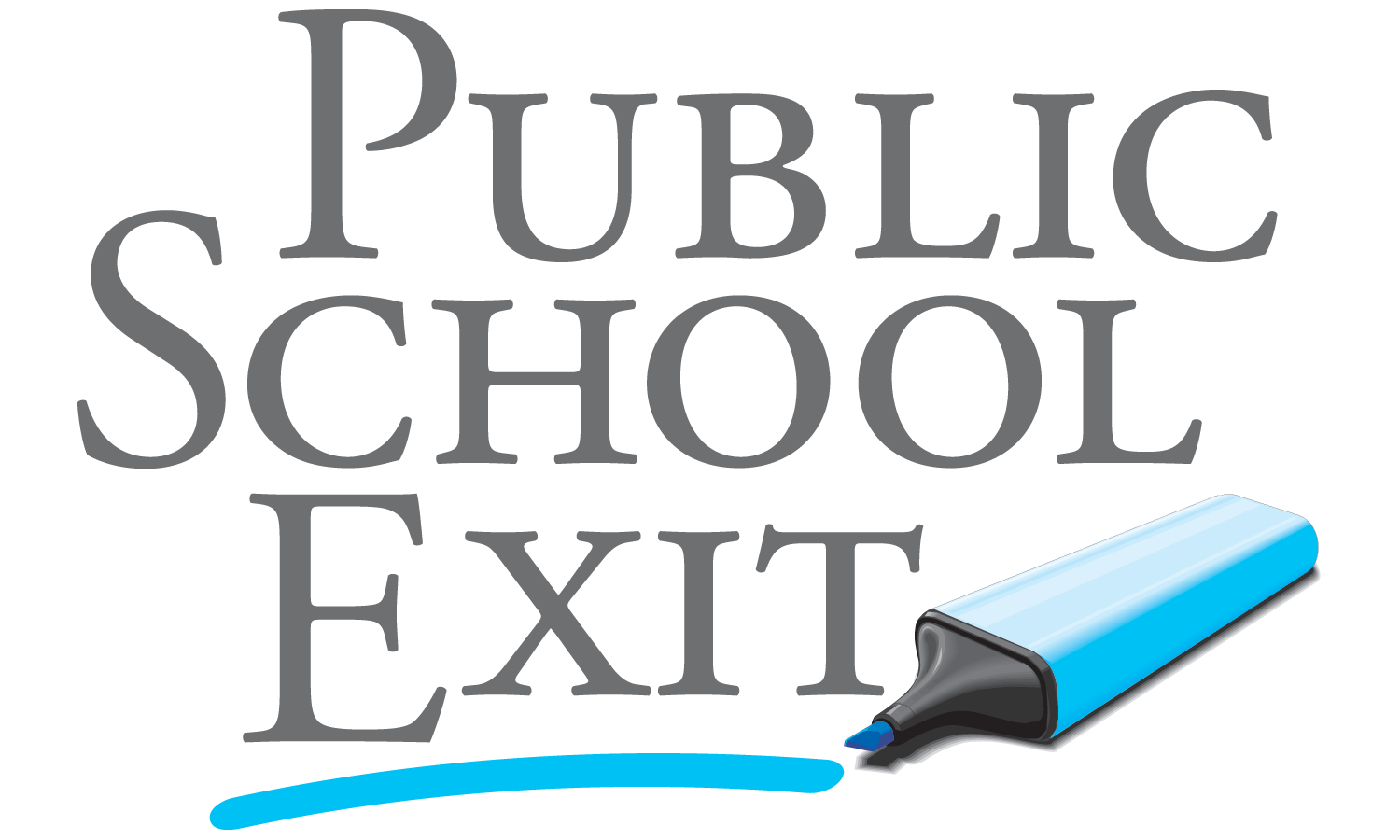(Photo by Michael Loccisano/Getty Images)
Vaccination mandates only exasperating the situation.
By: Kelli Ballard | September 30, 202 1 Articles, Education, Good Reads | News Article
Schools have been in session for less than two months, and already some districts are seeing an alarming decline in enrollment. Perhaps it’s concern that teachers might not have gotten the shot or just a general fear surrounding all things COVID-19. Maybe parents are tired of the politics in public education, like vaccine mandates and critical race theory, and prefer the convenience and control of homeschooling. Whatever the reason, educational institutes are losing students – and losing students means losing funding.
The Los Angeles Times reported that last year’s enrollment for pre-school through grade 12 at the Los Angeles Unified School District was 466,229 compared to 439,013 on the same date this year. That’s a drop of nearly 6%. Statewide, K-12 public schools saw a decline of almost 3%, or 160,000 kids, according to the California Department of Education. That was the largest drop in 20 years.
L.A. School board member Tanya Ortiz Franklin said the decline is worrisome:
“I’m very concerned about declining enrollment, especially for our highest-need students, small schools, and the overall fiscal health of our district.”
According to preliminary data from the U.S. Department of Education’s National Center for Education Statistics, as reported by K-12 Dive, nationwide public school enrollment for the 2020-21 school year fell by 3%, the most significant drop since “the start of this century.” Breaking it down even further:
Kindergarten enrollments declined by 9%.
Pre-K and Kindergarten combined had a 13% drop.
Grades 1-8 saw a 3% decline.
Grades 9-12 saw an increase of 0.4%.
Mississippi and Vermont had the largest statewide drops in new and returning students with a decline of 5%, while Kentucky, Maine, New Hampshire, New Mexico, and Washington State were not far behind with a 4% drop.
Digging down deeper, Robin Lake, an education researcher and director for the Center on Reinventing Public Education, said enrollment declines were more pronounced for districts that had stayed closed longer due to the pandemic and lockdowns. Critics of closing schools have been saying from the beginning that doing so is not in the best interest of students who need social interaction for healthy early development. Mark Schneider, director of the Institute of Education Sciences, said in a statement:
“Research shows that these early years are essential in helping students succeed academically and socially. While it is too soon to say which students were most affected; it is safe to assume that students who struggle the most may be the ones who really lost out.”
Shortage Of Students And Staff
Even with a shortfall in enrollment, schools across the nation still struggle to maintain enough staff where COVID vaccinations have become mandatory. According to the L.A. Times, one of the problems for districts in the Los Angeles area is that they “can’t find enough applicants to fill vacancies in key teaching, mental health and nursing posts as well as maintenance jobs.” Currently, there are 622 teacher vacancies, and “as of Sept. 20, 39% of the teachers working with the 15,000 students in remote learning were substitutes.”
L.A. Unified schools estimate between 70% and 80% of staff will be fully vaccinated by the Oct. 15 deadline, “indicating that thousands of employees face termination, which would exacerbate another problem: more than 2,000 unfilled jobs,” the Times pointed out. Furthermore:
“The district also is seeking 334 building and grounds workers, 189 licensed vocational nurses, more than 300 instructional aides, more than 600 psychiatric social workers, 272 teachers for a special program to accelerate math and English in young students below grade level.”
With enrollment down, schools across the nation that count on government funding are finding it difficult to meet their budgetary needs.
~ Read more from Kelli Ballard.


